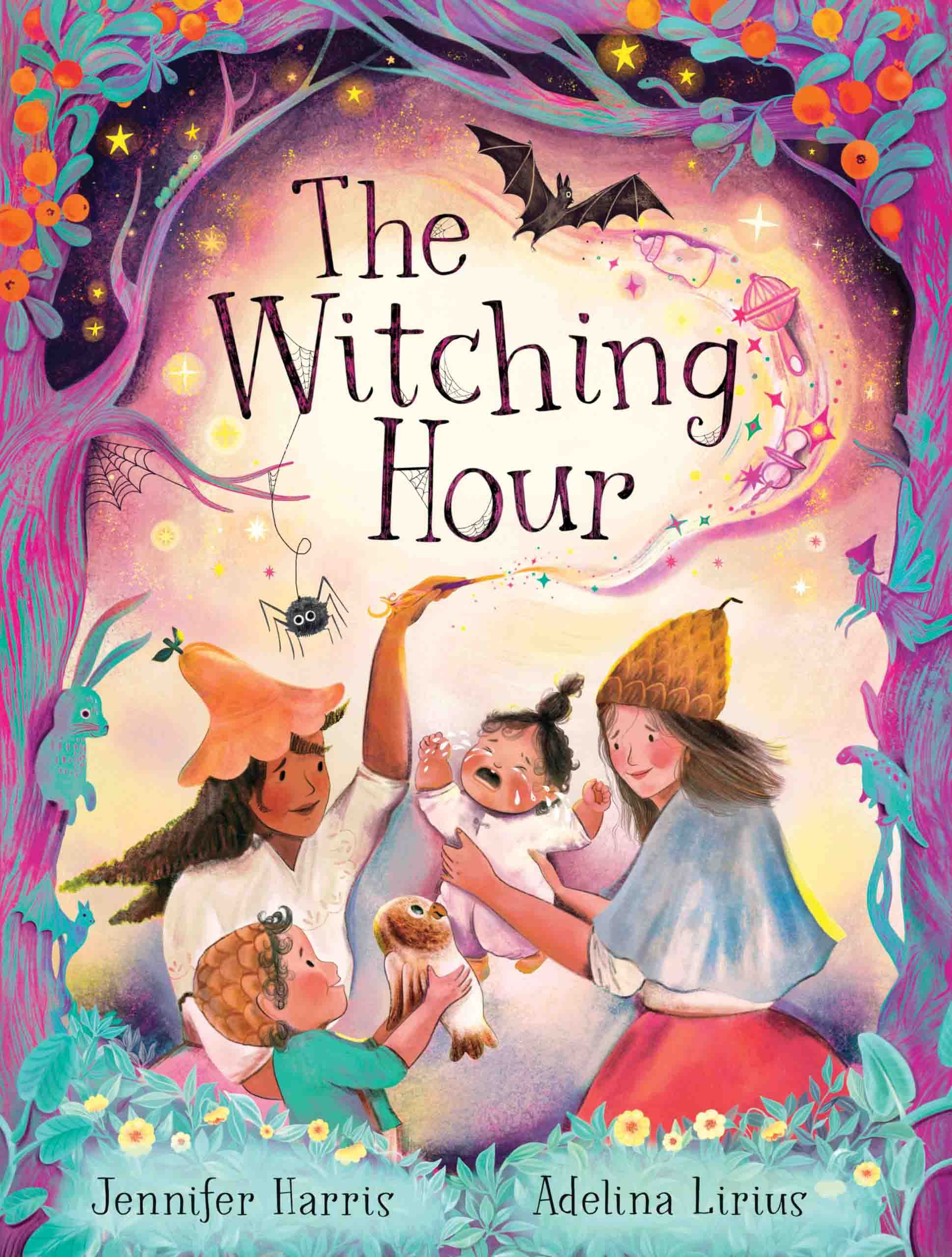Moving to a new country can be fun and exciting, but it also comes with its share of troubles. You may not have a command of the language, you may not have any friends or family waiting for you, you even have to learn to navigate the streets and transit systems. LGBTQ newcomers often face additional obstacles, and have often faced discrimination (and sometimes violence) in their countries of origin. A new home, where they can express themselves and embrace their identity, is not so easy to come by.
Shane Bauman volunteers for Spectrum, Waterloo Region’s rainbow community space, where he helps run a “Rainbow Newcomers group.” The group works with other agencies to help rainbow newcomers transition into the community and holds monthly meetings.
Bauman describes Kitchener-Waterloo as being supportive of his and other agencies’ work. However, not all LGBTQ newcomers feel the same way. Many LGBTQ newcomers are reticent to express themselves fully in their new homes. The fear of persecution – a hard fear to shake – follows these new Canadians, and responses gathered from a small group of LGBTQ international students reveal that many do not feel completely safe in KW. Many also describe a persistent fear that somebody from their home country may find out that they are LGBTQ and then share this with friends or family “back home.”
There is also the discomfort that comes with living in a homophobic society, and, finally, the fact that the local LGBTQ community is not that diverse.
Many of these difficulties come to a point when newcomers start the process of becoming a Canadian citizen.
“A blunt tool to deal with a delicate issue,” is how Keith Macmillan describes the refugee claims process for LGBTQ newcomers. Macmillan is a lawyer with Legal Aid Ontario, and an expert on the legal process of making a refugee claim based on persecution of sexuality or gender identity.
According to Macmillan, the claims process can be fast, but it is also invasive and very personal. Claimants must provide “proof” that they are being persecuted for their gender or sexuality. This can include police and medical reports from assaults or harassment, descriptions of oppressive laws from home countries and deeply personal facts about personal relationships. Decision makers will often take into account statements from past or current lovers and family members, or your history on LGBTQ dating sites. Macmillan shared about a case where a claimant’s computer’s browsing history, which contained gay pornography, became part of his claim. Decision makers are attempting to be as thorough as possible, and nothing is held back. While claimants have the right to share only what they want to share, holding back could undermine their claim.
The claims process is meant to stop fraudulent cases from being processed and accepted, but it is anything but easy. Written statements must match any verbal statements given at a hearing and any discrepancy can lead to negative inferences against the claimant. At a time when getting a job, securing housing, and attempting to put a potentially violent past behind you is ever present in your mind, making exact and verifiable statements can be difficult. Experiencing trauma, for example by fleeing your home, further affects a person’s memory.
However difficult and traumatic the process might be, Macmillan says it’s not all “doom and gloom.” He has personally worked on many successful claims, and many LGBTQ refugees continue to be admitted to Canada.
And while LGBTQ newcomers face many problems, many also describe feeling hope and a sense of satisfaction with the work done by community groups. It’s clear that KW isn’t perfect – though it is doubtful that any place is. We can do more, and better, to welcome LGBTQ newcomers, including advocating for more low-cost housing, and helping those folks find jobs.
Supporting the work being done by community groups is an excellent first step. Volunteers like Bauman and the many others who work tirelessly to make LGBTQ persons feel welcome are inspiring and a much needed resource in our ever-expanding community.
In Kitchener-Waterloo you can get help from the Solidarity Alliance, the Mennonite Coalition for Refugee Support, ACCKWA, SPECTRUM and the KW Multicultural Centre, among other places. All of these bodies have information on the city, social resources and can help people navigate the legal claims process. It is important, at such a trying time, to know you are not alone.




Leave a Reply